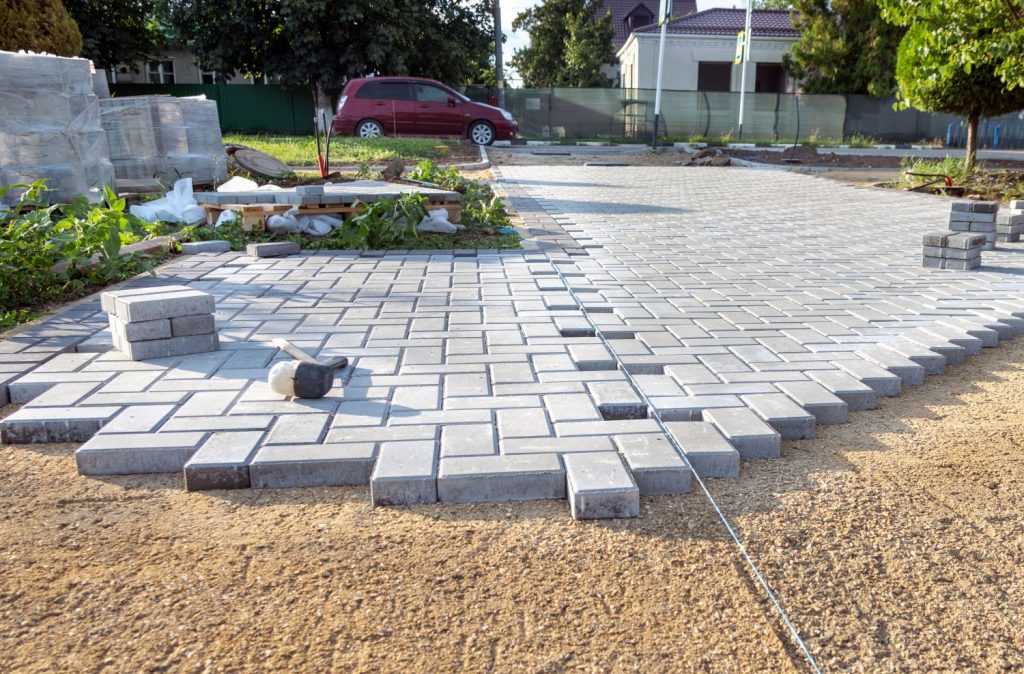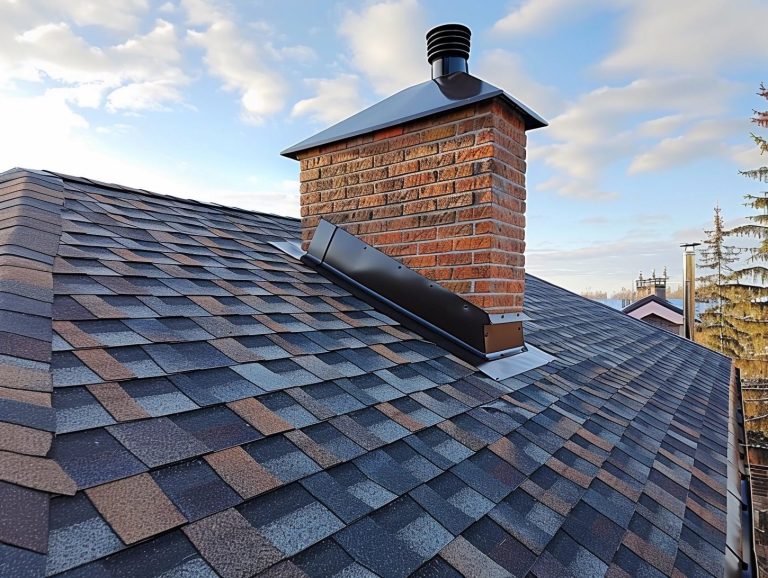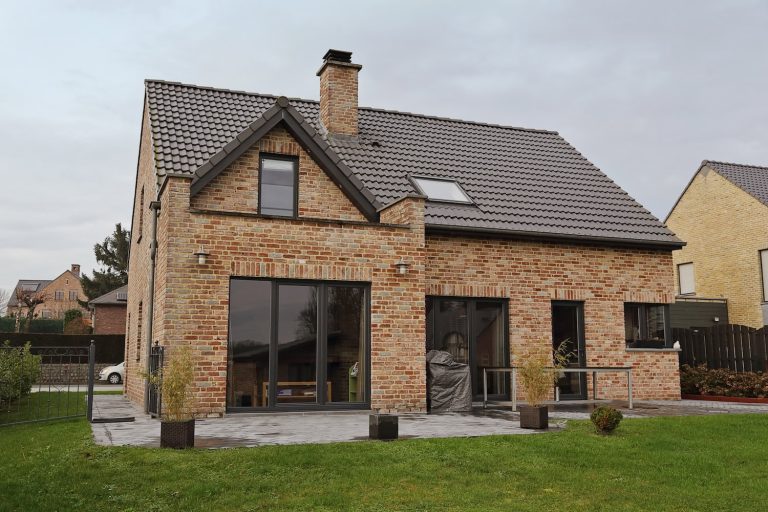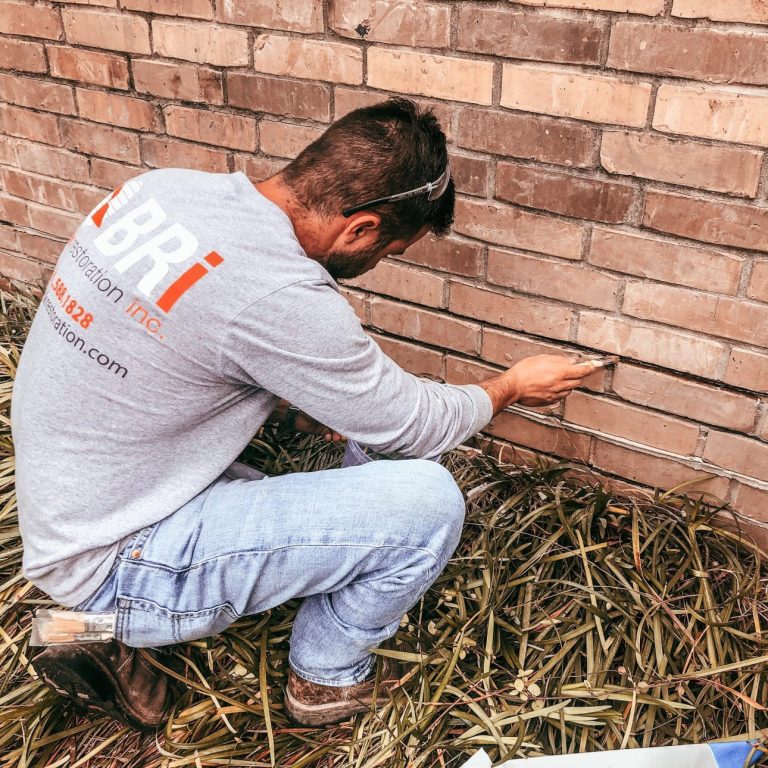Paver designs are more than just bricks on the ground, they’re the foundation of outdoor elegance and structural strength. From patios and pathways to driveways and pool decks, the different styles of paver designs bring both beauty and durability to any space. Whether you’re aiming for a modern vibe or a timeless charm, there’s a perfect pattern out there for you.
Let’s explore the most popular paver styles used by experts like BrickRestoration.com and how they can transform your outdoor living area.
Introduction to Paver Designs
Paver designs aren’t just for looks—they influence drainage, surface stability, and even how the space feels underfoot. Choosing the right paver pattern is crucial to making sure your outdoor area is both functional and attractive.
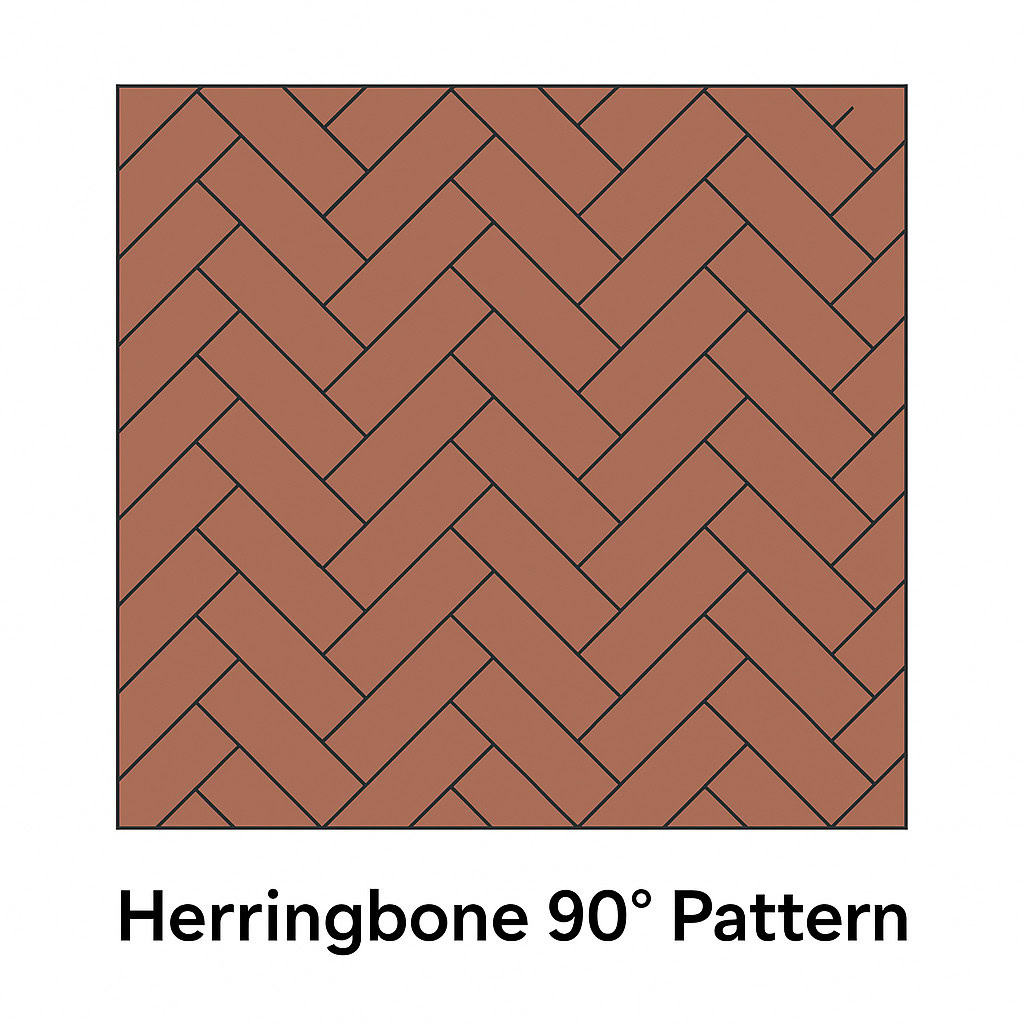
Herringbone 90 Degree Pattern
The 90-degree herringbone pattern is classic and time-tested. This layout features bricks set in an “L” shape, with the pattern aligned to either the horizontal or vertical axis of your space.
Best Uses
- Driveways (extremely durable under pressure)
- Entryways and walkways
- High-traffic commercial areas
Pros
- Excellent load distribution
- Prevents shifting of bricks over time
- Timeless look
Cons
- Slightly more complex to install
- Wastes more cuts than simpler patterns
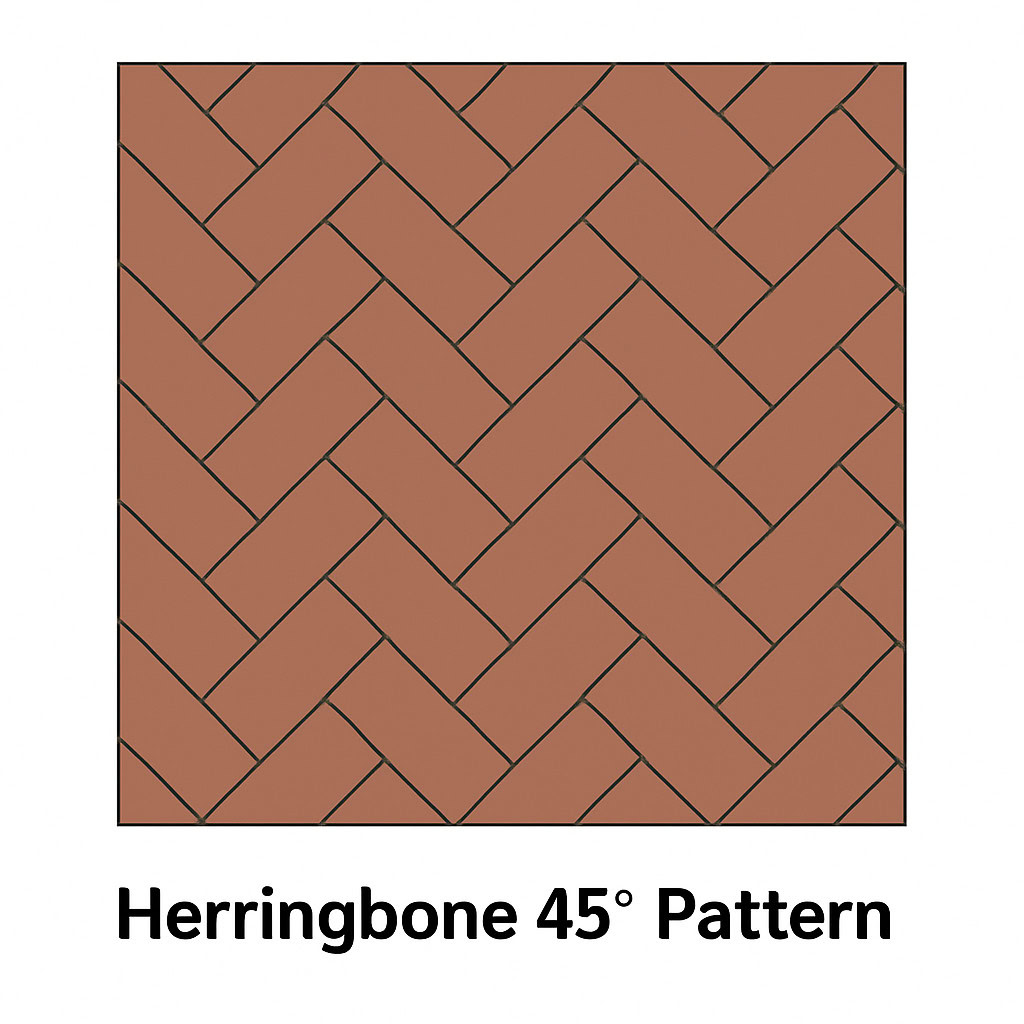
Herringbone 45 Degree Pattern
This variant of the herringbone design aligns the bricks diagonally to the edges, typically at a 45-degree angle. It offers a more dynamic and modern twist.
Visual Appeal
- Diagonal symmetry creates movement
- Ideal for contemporary landscaping
Durability
- Maintains the same interlock strength as 90-degree
- Better visual flow for curved edges or irregular areas
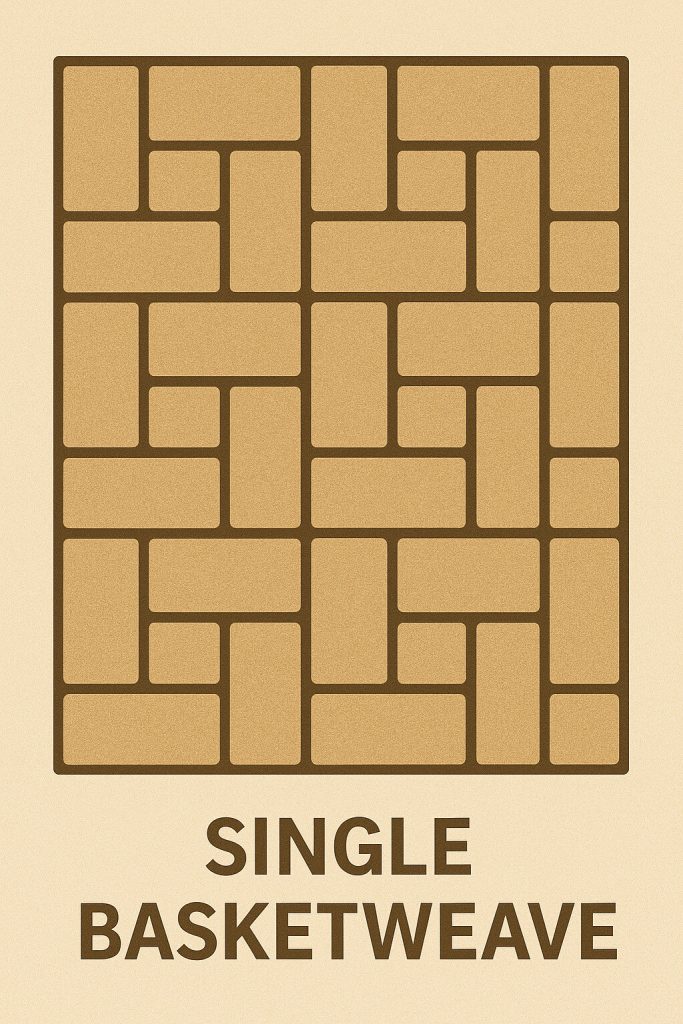
Single Basketweave Pattern
Simple, structured, and versatile the single basketweave is a layout where each pair of bricks is laid horizontally or vertically in alternating rows.
Design Profile
- Great for smaller patios or accents
- Works well in rustic, vintage, or cottage-style homes
Advantages
- Easier to lay than herringbone
- Offers charming repetition and classic appeal
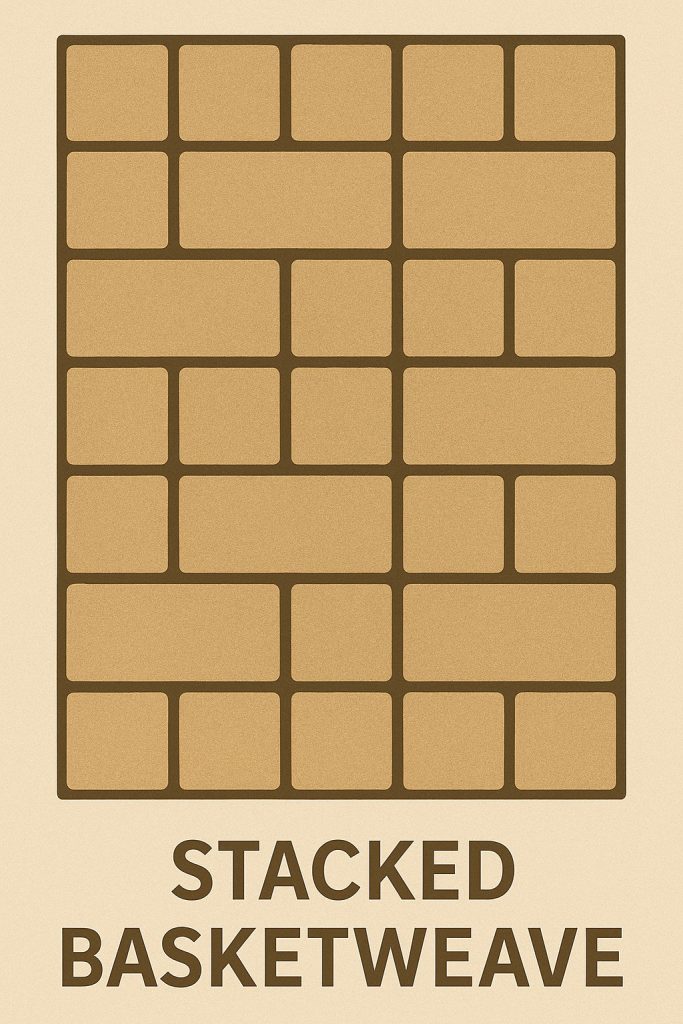
Stacked Basketweave Pattern
Unlike the single version, this stacked basketweave places horizontal and vertical pairs of bricks on top of each other in a grid-like format.
Use Cases
- Garden paths
- Courtyards
- Decorative borders
Design Benefits
- Clean lines and symmetry
- Minimalist look with slight textural variation
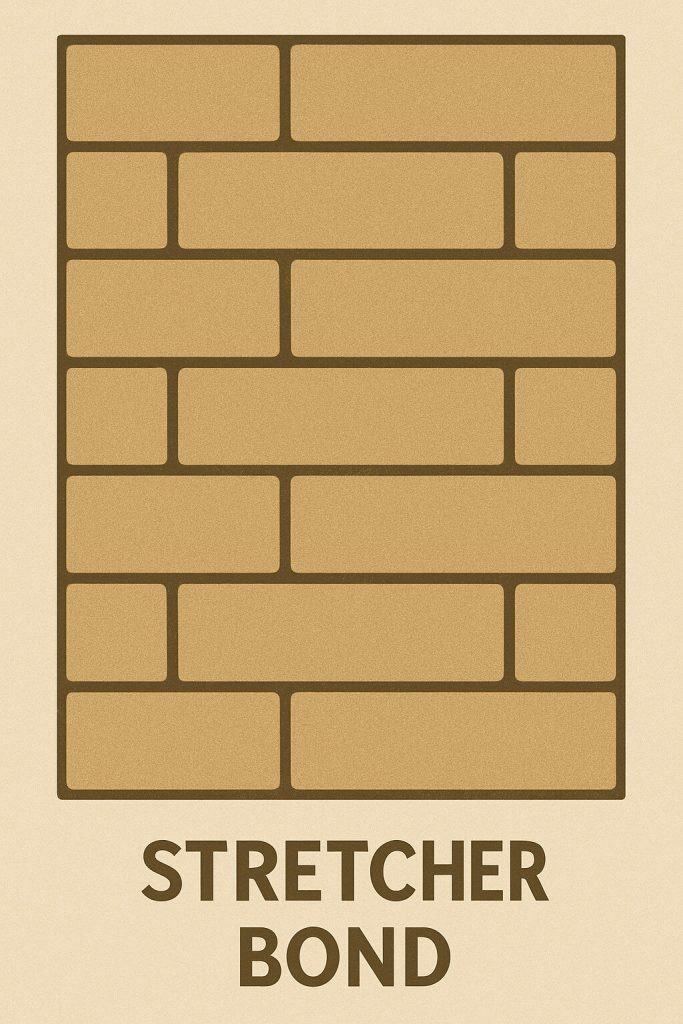
Stretcher Bond Pattern
Often referred to as the “running bond,” the stretcher bond pattern is among the simplest and most cost-effective. It aligns bricks in offset rows like a traditional brick wall.
Applications
- Sidewalks
- Patios
- Outdoor kitchens
Why It Works
- Easy to install
- Uses minimal cuts
- Visually elongates narrow spaces
Comparison of Paver Patterns
| Pattern | Visual Appeal | Durability | Installation Complexity |
|---|---|---|---|
| Herringbone 90° | High | Very High | Medium-High |
| Herringbone 45° | Very High | Very High | High |
| Single Basketweave | Medium | Medium | Easy |
| Stacked Basketweave | Medium-High | Medium | Easy |
| Stretcher Bond | Medium | Medium-High | Very Easy |
Choosing the Right Paver Style
When selecting your design, consider:
- Foot Traffic: Heavily used areas benefit from interlocking styles like herringbone.
- Space Size: Larger areas can handle bold patterns better.
- Architecture Style: Traditional homes pair well with basketweave; modern ones with stretcher or 45° herringbone.
- Drainage Needs: Avoid flat designs on sloped areas.
Installation Tips for Paver Patterns
- Always start with a well-compacted base.
- Use edge restraints to hold shape.
- Measure and mark straight lines to avoid misalignment.
- Consider hiring a pro for complex patterns like herringbone.
Common Mistakes to Avoid in Paver Layouts
- Ignoring slope and drainage
- Poor base preparation
- Improper cutting around curves
- Using inconsistent joint spacing
Benefits of Using Professional Paver Services
Professional installers like Brick Restoration bring:
- Expert pattern alignment
- Fast turnaround with minimal waste
- Access to high-quality materials
- Long-lasting results backed by warranties
How Brick Restoration Can Help
At Brick Restoration, we specialize in hardscape artistry. From full driveway re-dos to elegant garden paths, our team helps homeowners bring outdoor spaces to life with precisely laid, beautifully designed, and built to last work.
Trends in Paver Design for 2025
- Neutral earth tones for natural integration
- Mixed patterns for visual depth
- Sustainable, permeable pavers to fight runoff
Maintaining Your Paver Patterns
- Clean regularly with a mild detergent and water.
- Seal the surface every 2-3 years.
- Repair shifted bricks or sinking spots promptly.
Cost Analysis of Paver Design Options
| Pattern | Avg. Cost/SqFt (Installed) |
|---|---|
| Herringbone Patterns | $12–$18 |
| Basketweave Patterns | $10–$16 |
| Stretcher Bond | $8–$14 |
FAQs About Paver Patterns
Q: What is the strongest paver pattern?
A: Herringbone, especially at 90 degrees is known for maximum interlock and strength.
Q: Are basketweave patterns outdated?
A: Not at all! They’re making a comeback in vintage-inspired and traditional designs.
Q: Which pattern uses the least material waste?
A: Stretcher bond patterns require the fewest cuts, making them very efficient.
Q: Can I mix paver patterns in one project?
A: Yes, combining styles can define zones and add visual interest.
Q: Are these designs DIY-friendly?
A: Simpler ones like stretcher bond or single basketweave are DIY-friendly. Complex ones like herringbone are best left to pros.
Q: How do I know which pattern is right for my space?
A: Consider usage, style, budget, and consult a pro like BrickRestoration.com for a tailored recommendation.
Conclusion
Paver patterns can dramatically influence the personality and performance of your outdoor space. By understanding the different styles of paver designs, you’re one step closer to making your dream patio, walkway, or driveway a reality.
Whether you go classic with stretcher bond or bold with herringbone, the right design makes all the difference and Brick Restoration is here to make it happen.


